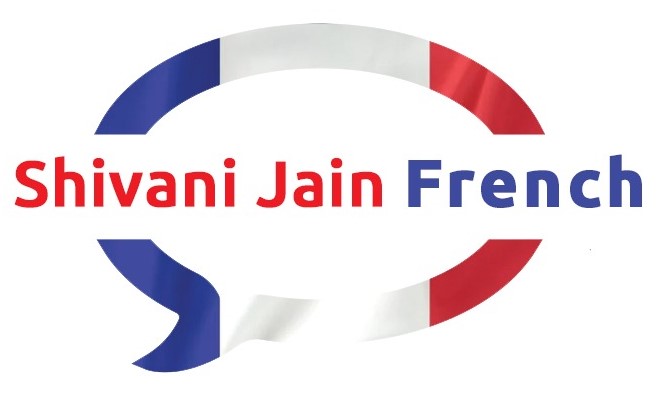For those dreaming of a new life in Canada, demonstrating French language proficiency is often a crucial step. Two prominent French language proficiency tests are widely accepted for Canadian immigration: the Test d’évaluation de français (TEF) and the Test de connaissance du français (TCF).
Both exams assess your reading, writing, listening, and speaking skills in French. However, there are subtle differences that might make one easier for you than the other.
TEF Canada
- Focus: Primarily designed for immigration purposes, particularly for the Canadian Experience Class and the Quebec Skilled Worker Program.
- Format:
- Reading: Focuses on understanding texts from various sources like newspapers, magazines, and official documents.
- Writing: Assesses your ability to write summaries, letters, and essays.
- Listening: Involves understanding conversations, news reports, and other spoken French.
- Speaking: Evaluates your ability to express yourself orally in different contexts, including interviews and discussions.
- Scoring: Results are reported on the Common European Framework of Reference for Languages (CEFR) scale, which ranges from A1 (beginner) to C2 (proficient).
TCF Canada
- Focus: More general-purpose test, also widely used for academic and professional purposes.
- Format:
- Reading: Similar to TEF, but with a slightly broader range of text types.
- Writing: Focuses on grammatical accuracy and clarity of expression.
- Listening: Similar to TEF, but may include more diverse accents and speaking styles.
- Speaking: Evaluates your fluency, pronunciation, and ability to interact in a conversational setting.
- Scoring: Also uses the CEFR scale, but with a different scoring system than TEF.
Which is Easier?
There’s no single answer to this question. The “easier” exam depends entirely on your individual strengths and weaknesses.
- For some:
- TEF might be easier if you excel at understanding and producing written French, as it has a stronger emphasis on these skills.
- TCF might be easier if you feel more comfortable with spoken French and are confident in your conversational abilities.
Here are some factors to consider:
- Your Learning Style:
- If you learn best through reading and writing, TEF might be a better fit.
- If you prefer interactive learning and speaking practice, TCF could be more suitable.
- Your French Proficiency Level:
- If you’re a beginner or intermediate learner, focusing on the specific skills assessed by each exam can help you determine which one to choose.
- Your Learning Resources:
- The availability of online french classes, practice materials, and study guides can significantly impact your preparation for either exam.
Tips for Choosing the Right Exam
- Take practice tests: Both TEF and TCF offer sample tests and practice questions on their official websites.
- Consult with language experts: Enroll in online french classes or seek guidance from experienced French teachers. They can assess your strengths and weaknesses and recommend the most suitable exam for you. You can contact Ms.Shivani Jain, French Expert for best guidance.
- Read reviews and testimonials: See what other test-takers have to say about their experiences with TEF and TCF.
Ultimately, the best way to determine which exam is easier for you is to:
- Assess your current French language skills.
- Research the specific requirements and format of both exams.
- Try practice tests for each exam.
- Choose the exam that best aligns with your learning style and strengths.
By carefully considering these factors, you can increase your chances of success on your chosen French language proficiency test and take a significant step towards achieving your Canadian immigration goals.
Connect with Ms. Shivani Jain, TEF-TCF Canada Expert Coach for more details and her courses.
Remember: Consistent effort and dedicated preparation are key to success on any language proficiency test.
I hope this information helps you in your journey to Canada!








